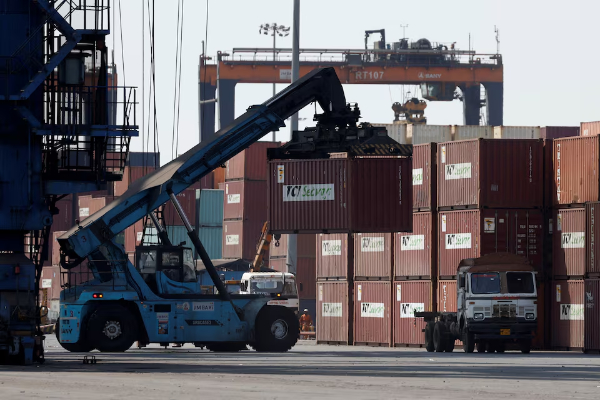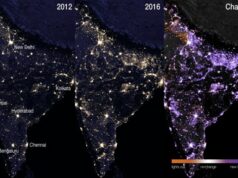
India and the European Union (EU) have reiterated their commitment to concluding a comprehensive free trade agreement (FTA) by the end of 2025, aiming to redefine their strategic partnership in trade and investment, the commerce ministry announced on Friday.
The renewed pledge followed a meeting between Commerce Minister Piyush Goyal and European Commissioner for Trade and Economic Security Maroš Šefčovič in Brussels.
Talks Focus On Progress
Officials described the India-EU talks as forward-looking, with a focus on addressing global trade challenges and accelerating the pace of FTA negotiations.
This diplomatic push aligns with India’s broader goal to fast-track several key trade agreements within a 90-day window—driven by a pause in reciprocal tariff actions announced by U.S. President Donald Trump.
That pause, in effect until July 8, has encouraged India to expedite talks with major partners like the EU and the UK in an effort to secure market access before global trade conditions become less favourable, as per reports.
The latest momentum builds on February’s visit to India by the EU College of Commissioners, where Prime Minister Narendra Modi and European Commission President Ursula von der Leyen expressed a shared intent to deepen bilateral ties.
Since then, the two sides have committed to monthly negotiation rounds and ongoing virtual discussions. The next in-person round is scheduled for May 12–16 in New Delhi.
India-EU Trade Talks
Taking to social media, Goyal stated: “In my highly productive dialogue with EU Commissioner Maroš Šefčovič, we reaffirmed our shared goal of concluding the India–EU FTA by end-2025. We’re working to enhance market access, strengthen reliable supply chains, and deepen our economic partnership.”
He added that discussions also included boosting innovation, investment, competitiveness, and labour mobility—all seen as vital elements for a “future-ready” agreement.
While both India and the EU view the trade deal as mutually advantageous, India has underscored the importance of addressing non-tariff barriers (NTBs) alongside tariff reductions.
“Regulatory systems must be inclusive and balanced,” Indian negotiators emphasised, noting that progress on NTBs is key to achieving meaningful market access.
Talks have reportedly advanced in several key areas, such as digital trade, supply chain resilience, and regulatory cooperation. The agreement is expected to support India’s ambition to become a global manufacturing and export hub by 2047.
For the EU, a deeper economic partnership with India offers a strategic path to diversifying trade ties and reducing dependency on specific regions.
Proposed FTA
The proposed FTA aims to facilitate innovation, improve industrial competitiveness, and promote balanced trade practices. Movement of professionals and increased investment flows are also critical to these goals.
Indian officials, speaking on condition of anonymity, suggested that the FTA could be among the most ambitious trade deals India has ever signed.
If successful, it would mark a turning point in India–EU relations, overcoming years of stalled negotiations and unlocking strategic advantages for both sides.
However, challenges remain—especially around contentious areas such as intellectual property rights, environmental regulations, and agricultural and service sector access.




